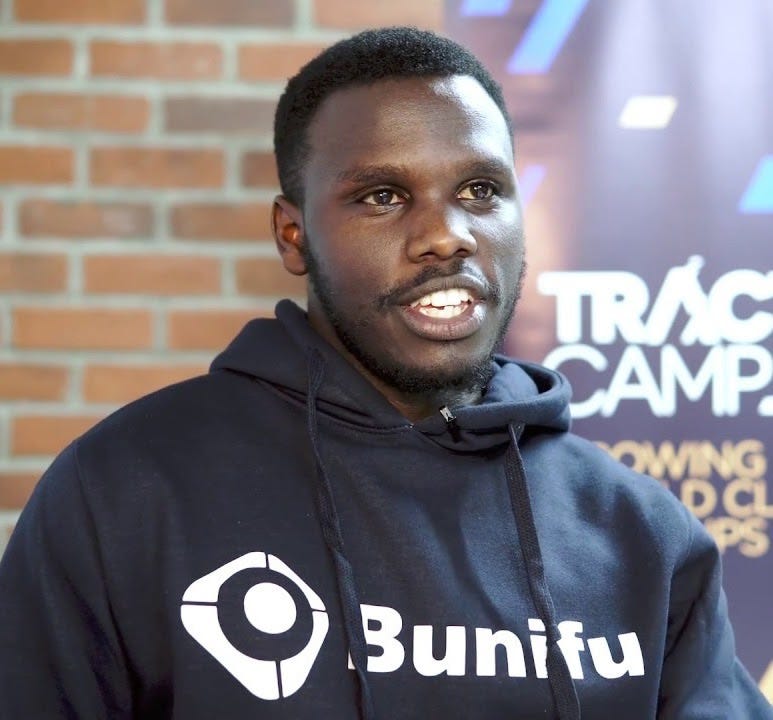Using YouTube to get customers
Bunifu is a Software company founded in Kenya in 2014. This week we caught up with their co-founder, Wilberforce Seguton to learn more.
What challenge does Bunifu solve?
We use technology to drive productivity in the workplace. We do this by creating software tools that increase business automation and product design.
Our core product is Bunifu Framework which is a tool used by software developers globally to increase productivity. It does this by providing pre-made drag and drop UI tools for building beautiful interfaces rapidly.
What were you doing before founding the company?
I was working as a UI/UX designer.
How did you get Bunifu off the ground?
We started via funding from family and friends which allowed us to launch our first product.
We continued bootstrapping until 2015 when we joined the Centum Entrepreneurship Program after which we closed our seed investment round in 2016.
This enabled us to scale our team and innovate and commercialise new products.
How much money have you raised so far?
Apart from the seed investment, we have not raised additional rounds and have tried as much as possible to be self funded.
What went into building the early stage product?
Our flagship product was an antivirus software. A first of its kind on the continent. It took countless hours of research and development as we were entering uncharted territory.
The first MVP was an anti-malware software and after launching it and getting feedback from the early adopters, we upgraded it to a fully fledged antivirus in 2016.
Although we had some success initially, it was not sustainable to support the company. Hence we pivoted to productivity tools in 2017.
What’s your tech stack?
Front end: React JS, html, CSS, Bootstrap. Backend: Laravel, C#, .NET, VB.NET, MySQL, Wordpress, PHP.
Where do you currently operate?
We are a local company operating in Nairobi serving global customers. We seek to expand across the continent and beyond over the coming years.
What’s your business model and how have you grown your user base?
Our model is SaaS (Software as a Service) where we sell licensed perpetual software. We’ve grown our user base mostly through organic traffic that derives from product demos on YouTube and SEO (Search Engine Optimisation).
What metric do you use to measure success?
Customer satisfaction - was their problem solved and are they much better off using our solutions?
What company do you look to for inspiration?
Stripe - they’ve done a great job in the payments ecosystem. They also have superb user experience.
What’s the most important lesson you’ve learnt so far?
I have learnt that things do not work by following a straight line. There are many surprises along the way and learning to adapt and remaining resilient makes the difference.
Your views on the future of African tech ?
Bright! We’ve seen innovative African companies and a pool of talent coming up in tech. For example we’ve recently we’ve seen PayStack get acquired by Stripe for $200 million.
In the News 🚀
☄️ Accelerators have long been a firm favourite with West African startups. Techstars and Y Combinator proving to be the two most popular. But why?
🇰🇪 Kenyan solar startup, SunCulture, raised a $14 million Series A round from Energy Access Ventures (EAV) and Électricité de France (EDF).
📈 Victor Basta, CEO of Investment Bank DAI Magister, asserts that nearly half of Africa’s economic growth over the next ten to twenty years will be driven by a group of still relatively unknown tech companies.
🇿🇦 To further cement its position as Africa’s tech hub, Cape Town has launched a new program called DashTech which aims to fill existing gaps within startup funding along with available accelerators and incubators.





nice interview! I love hearing more about non US stories like this :)